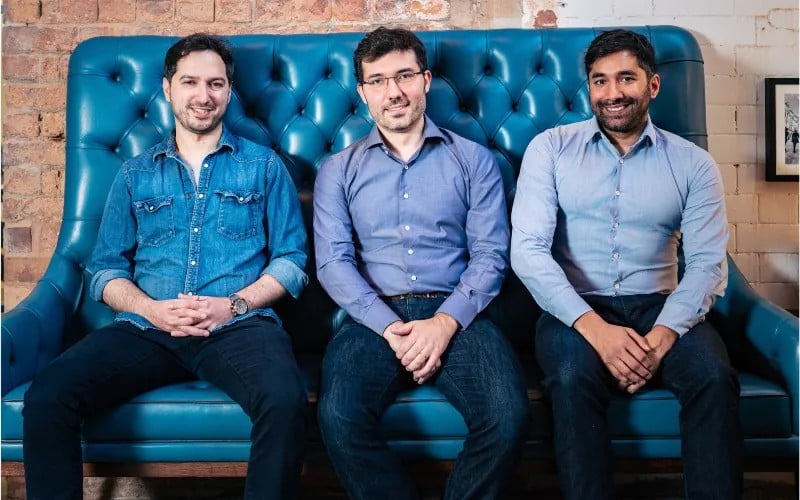Open your bedside drawer and count the number of old smartphones inside.
Between my wife and I, there are two – but there is also an unused Kindle and two discarded Android tablets among other gadgets which are switched on perhaps once every few months.
All these products were bought for a premium – so why have we not considered selling them on?
“Consumer tech devices have evolved into what we view as modern-day commodities,” Bilal Khan, co-founder of Doji, tells BusinessCloud.
“However, unlike traditional commodities such as coffee or sugar, the gap between the buy and sell prices of these items is extreme – hurting end consumers and discouraging both demand and supply.
“A new phone can cost you a staggering £1,000, whereas the estimated annual UK household income is just £30,000.”
Anecdotally, I always feel as though I end up paying a higher-than-expected price for second-hand gadgets on eBay – although there are local bargains to be had on Gumtree and Facebook Marketplace – while the sell price of those I move on never seems to amount to much however much effort I put in.
I imagine I am not alone in that. The launch of Doji, a marketplace for used technology products, may then be a welcome development for many people.
On Doji’s marketplace, used goods listings are simplified according to their condition via simple quality grades. Preset product profiles and pictures enable sellers to list items in seconds by answering a few questions on product grading.
They can then set their desired selling price by placing an asking price, or choose to be matched instantly with the highest bidder and sell immediately.
Tremendous opportunity
“Our data models have continuously identified how both buyers and sellers of used goods are forced to settle for less than the value they originally expected to receive,” continues Khan. “It is no surprise that 80% of UK consumers opt not to sell their used mobile phones because prices are too low, or selling is simply too time-consuming.
“We hit upon the tremendous opportunity to unlock and distribute the immense economic and environmental value trapped in used tech products. By revamping traditional eCommerce through the application of data science and proven business models, we enable the buyer, the seller and the planet alike to prosper.”
Doji’s machine learning algorithms use millions of data points, including public and proprietary data, to aid users in placing more assertive bids and asks. They also estimate the ‘time to match’ to enable the best execution at a price point and time that best suits the user.
The startup says the result is that users receive unprecedented data transparency and value, whilst retaining full control of their buying and selling decisions.
“Doji is a global and multi-category business; however we have initially launched in the UK with used mobile phones as our first product category,” says Khan.
“The used mobile market in the UK is growing three times faster than the new mobile phone market. Essentially, there are billions of pounds worth of used mobile phones just wasting away in household drawers in the UK alone, which we view as idle purchasing power.
“The source of e-waste from mobile phones and tech products in general is a serious cause for environmental concern and strongly warrants the need for a platform like Doji to reduce the dependency on new products.”
Carbon footprint
Doji was born after Khan spent many late nights locked up in a library with his co-founders, Fernando Montera Filho and Satyen Fakey, who he met during their Masters programme at the University of Oxford.
“Buyers always see the lowest price for their searched item and can set their own desired buy price by making an offer,” says Khan. “This logs their bid anonymously in a transparent order book for the relevant product, providing them the flexibility to buy at a price and time that suits them.
“Bids and asks, broader market pricing from other platforms, alongside transaction price history on Doji’s platform, are accessible to all users in real-time, which optimises price discovery whilst solving the perennial problem of fairly pricing used items.
“Overall, used goods enjoy a new life and the carbon footprint from buying new is reduced.”


